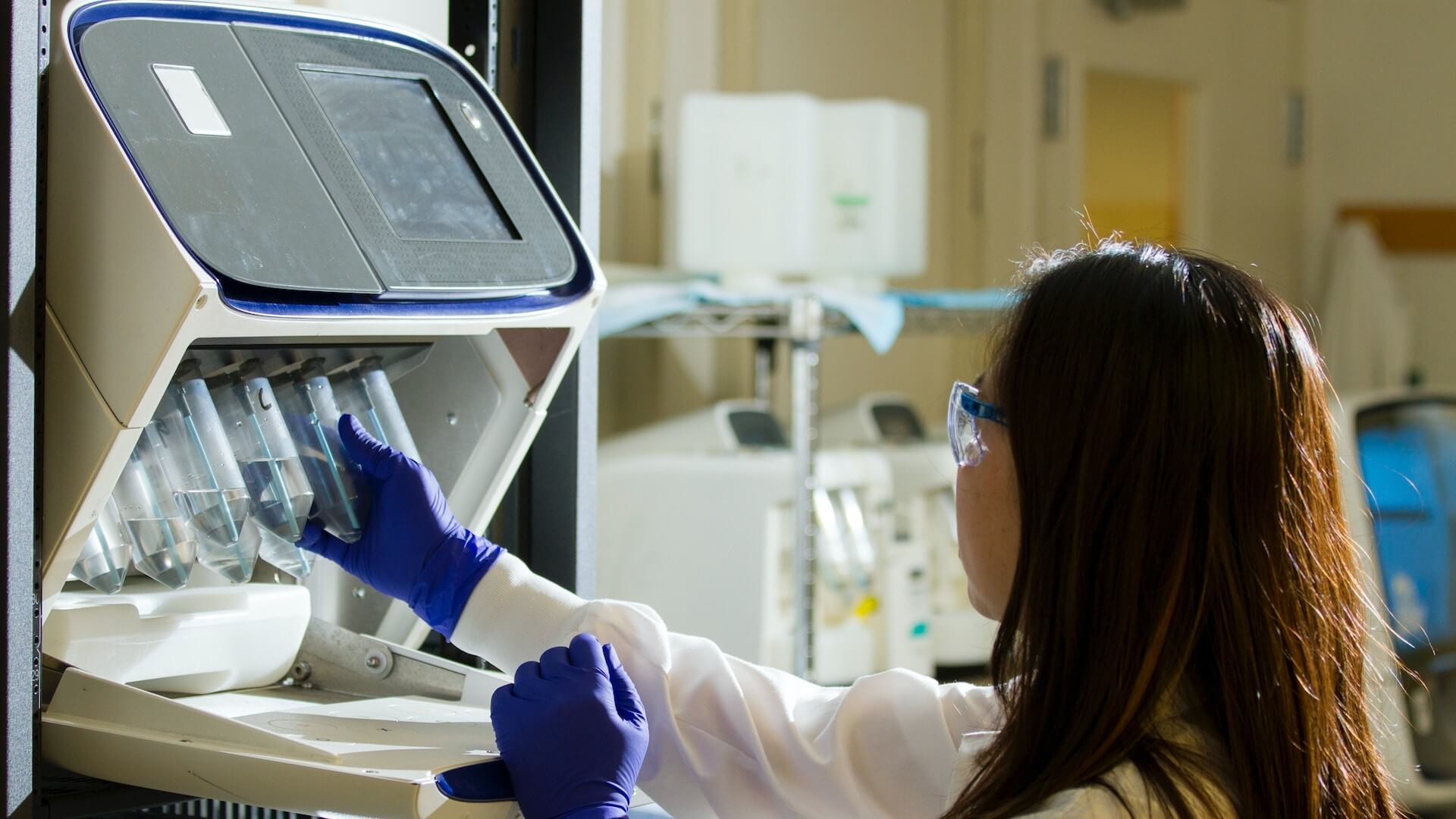Generative AI has the potential to be a transformative force in healthcare, for example, by providing physicians and other healthcare providers with the tools to analyze medical data, diagnose patients more accurately, and provide them with more personalized treatment plans.
Therefore, it is critical for healthcare organizations to understand and prepare for the possibilities that generative AI may bring across the industry.The following are nine uses of generative AI in healthcare:
1. Diagnosis and screening
Artificial intelligence analyzes large data sets and identifies diseases based on the data fed into its systems. Generative AI enables doctors and other healthcare providers to make more timely and accurate diagnoses and plan treatment for patients faster, resulting in better patient outcomes.

2. Personalized medicine
Generative AI algorithms can analyze large sets of medical data to discover patterns, predict outcomes, and enhance care and health. Using generative AI, healthcare providers can more easily communicate with patients, for example, via email and text. Help patients comply with their prescriptions and/or treatment plans. In addition to leading to better outcomes, providing personalized medicine to patients can reduce the total cost of healthcare.
3. Increase the number of participants
By providing useful information and timely reminders, generative AI in healthcare can encourage more people to enroll in health plans, especially during open enrollment. In addition, because generative AI enables insurers' healthcare teams to quickly generate text, they can create different versions of policies for different groups of consumers.
4. Drug discovery
Generative AI algorithms can analyze data from clinical trials and other sources to identify possible targets for new drugs and predict the compounds that are likely to be most effective. This can accelerate the development of new drugs and bring new therapies to market faster and at a lower cost.

5. The ability to interpret unstructured medical data
Unstructured medical data, such as electronic health records, medical records and medical images, such as X-rays and MRIs, create gaps in the analysis process and must be converted to a structured format. Generative AI is able to detect and analyze unstructured data from multiple sources and convert it into a structured format to provide comprehensive insights to healthcare providers.
6. Predictive Maintenance
Hospitals and other healthcare organizations can use generative AI to predict when medical equipment is likely to fail so that maintenance and repairs can be better performed and equipment downtime reduced.
7, medical robotics
Hospitals use AI-powered medical robots to help perform surgical procedures, such as suturing wounds and providing insights about surgical procedures based on medical data. Medical institutions can use generative AI to train these robots to interpret health conditions.

8. Develop new research ideas
Generative AI in healthcare can also be used for research ideas. For example, users can use ChatGPT in healthcare to generate ideas by asking questions and getting instant ideas or simply by typing in the desired topic. For example, a user might ask, "Which drugs are more likely to cure migraines?" .
9. Avoid medical errors
Generative AI can correct errors during document work, automatically correcting spelling mistakes, which helps with electronic prescribing and ensures proper data filling systems.
